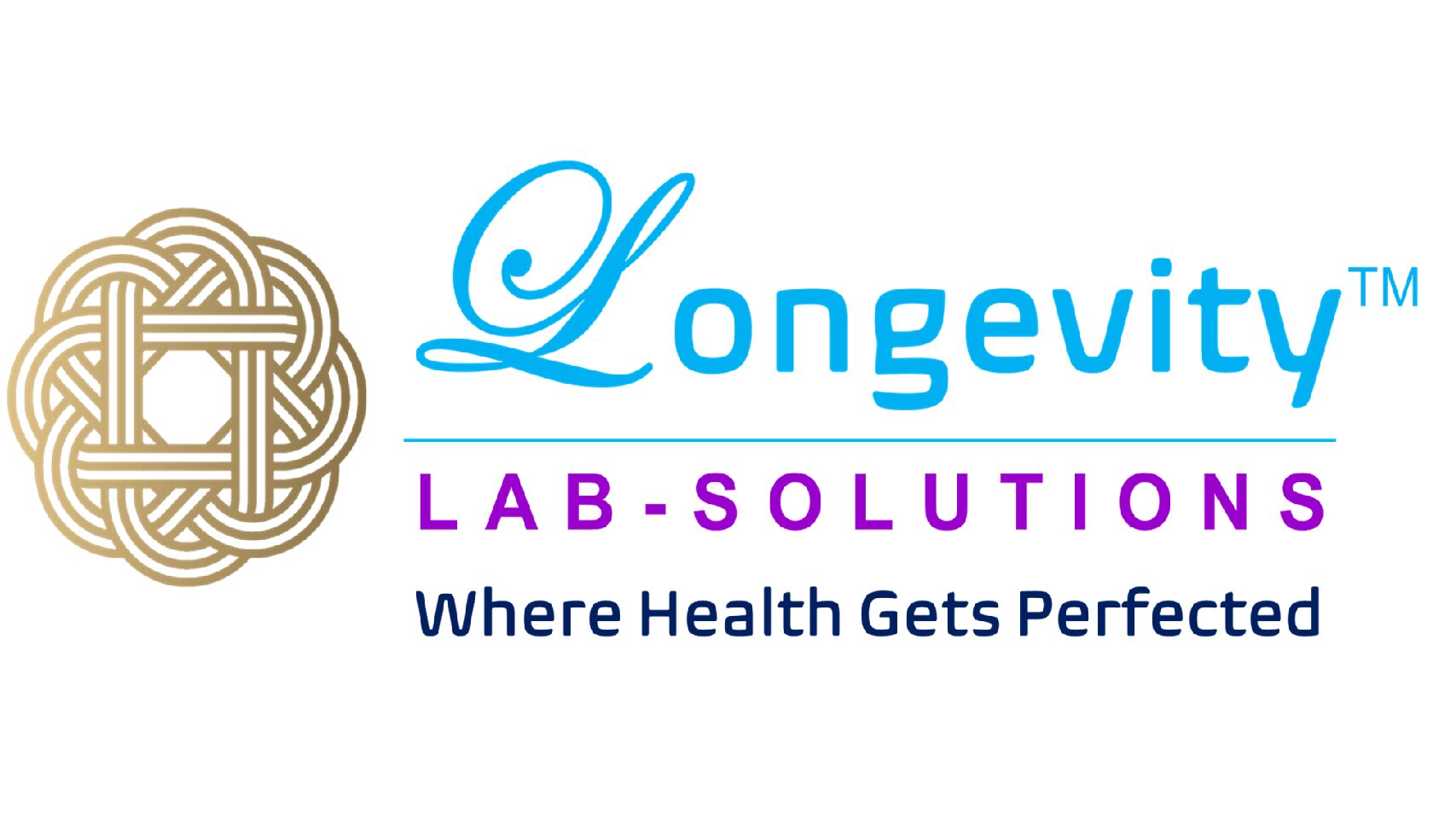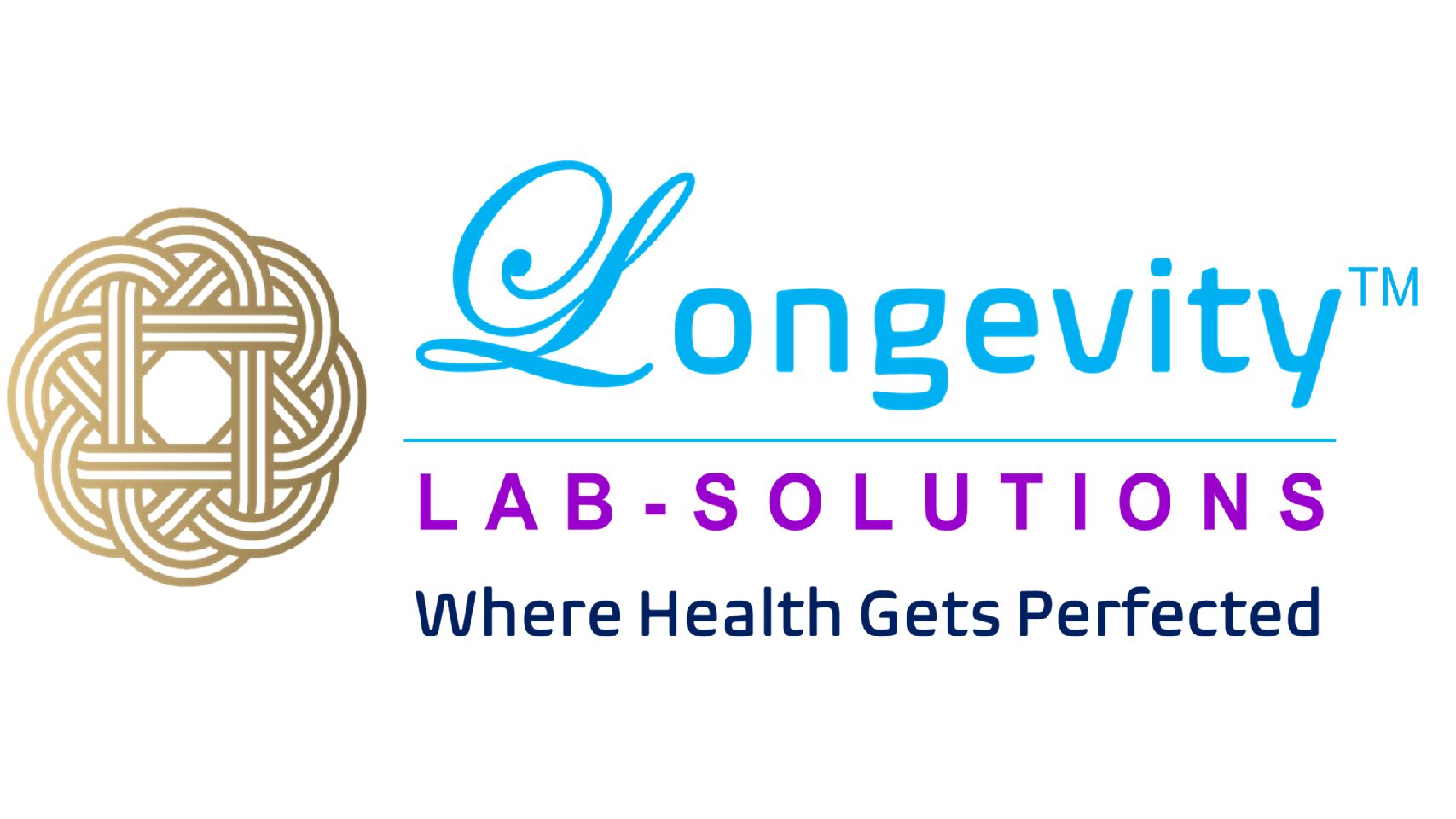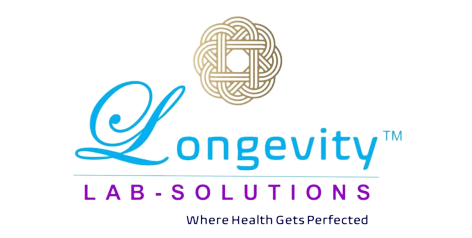Cardiovascular Genetics
Cardiovascular genetics plays a vital role in understanding the hereditary aspects of heart and vascular diseases, helping individuals make informed decisions about their health
- Test Requisition Form
- Medical Necessity
- ICD10
- Variant Classification
- Sample Report
- Information Sheet
- Patient Brochure

Comprehensive Cardiovascular Genetics NGS Panel
Cardiovascular genetics is a branch of genetics and cardiology that focuses on the genetic factors and inherited traits associated with cardiovascular diseases (CVD). It explores how an individual’s genetic makeup can influence their risk of developing heart and vascular conditions.
Genetic Predisposition: Many cardiovascular diseases, such as coronary artery disease, hypertrophic cardiomyopathy, familial hypercholesterolemia, and certain arrhythmias, have a genetic component. Individuals with a family history of these conditions may be at a higher risk due to inherited genetic variants.
Monogenic and Polygenic Disorders: Cardiovascular genetics encompasses both monogenic disorders, which are caused by mutations in a single gene (e.g., familial hypercholesterolemia), and polygenic disorders, where multiple genetic factors interact to influence disease risk (e.g., coronary artery disease).
252 Genes Tested Please see below for full description
Price: $800.00
Test Details
252 Genes
A2ML1, ABCC9, ACADVL, ACTA2, ACTB, ACTC1, ACTG1, ACTN2, ACVR2B, ACVRL1, ADA2, AGL, AKAP9, ALMS1, ANK2, ANKRD1, APOA5, APOB, B4GALT7, BAG3, BBS10, BCOR, BMPR2, BRAF, C1R, C1S, CACNA1C, CACNA2D1, CACNB2, CALM1, CALM2, CALM3, CALR3, CASQ2, CAV1, CAV3, CAVIN4, CBL, CBS, CCDC103, CCDC39, CCDC40, CHD7, CHRM2, COL3A1, COL5A1, COL5A2, COX15, CPT1A, CPT2, CRELD1, CRYAB, CSRP3, CTF1, CTNNA3, DEPDC5, DES, DMD, DNAAF1, DNAAF2, DNAAF3, DNAAF4, DNAAF5, DNAH11, DNAH5, DNAI1, DNAI2, DNAJC11, DNAJC19, DNAL1, DOLK, DSC2, DSG2, DSP, DTNA, EFEMP2, ELAC2, ELN, EMD, ENG, EYA4, FBN1, FBN2, FGD1, FHL1, FHL2, FKRP, FKTN, FLNA, FLNC, FOXH1, FXN, GAA, GATA4, GATA6, GATAD1, GDF1, GJA1, GJA5, GLA, GPC3, GPD1L, GYG1, HAMP, HAND1, HCN4, HFE, HJV, HRAS, ILK, INVS, JAG1, JPH2, JUP, KAT6B, KCNA5, KCND3, KCNE1, KCNE2, KCNE3, KCNE5, KCNH2, KCNJ2, KCNJ5, KCNJ8, KCNK3, KCNQ1, KCNQ2, KCNQ3, KCNT1, KRAS, LAMA4, LAMP2, LDB3, LDLR, LDLRAP1, LEFTY2, LMNA, LZTR1, MAP2K1, MAP2K2, MED12, MED13L, MFAP5, MIB1, MKS1, MMP21, MRPL3, MTO1, MYBPC3, MYH11, MYH6, MYH7, MYL2, MYL3, MYLK, MYLK2, MYOM1, MYOZ2, MYPN, NDUFAF1, NDUFB11, NEBL, NEK8, NEXN, NF1, NKX2-5, NKX2-6, NME8, NODAL, NOTCH1, NPHP3, NPPA, NR2F2, NRAS, NSD1, OFD1, PCDH19, PCSK9, PDLIM3, PKD1L1, PKP2, PLN, PLOD1, PRDM16, PRKAG2, PRKG1, PRRT2, PSEN2, PTPN11, RAF1, RANGRF, RASA1, RBM20, RIT1, RRAS, RYR2, SCN10A, SCN1A, SCN1B, SCN2B, SCN3B, SCN4B, SCN5A, SCN8A, SCN9A, SDHA, SGCD, SHOC2, SKI, SLC22A5, SLC25A20, SLC2A1, SLC2A10, SLC40A1, SLMAP, SMAD3, SMAD4, SMAD6, SMAD9, SNTA1, SOS1, SOS2, SPRED1, SYNE1, TAZ, TBX1, TBX20, TBX5, TCAP, TFR2, TGFB2, TGFB3, TGFBR1, TGFBR2, TMEM43, TMEM70, TMPO, TNNC1, TNNI3, TNNT2, TPM1, TRDN, TRPM4, TTC8, TTN, TTR, TXNRD2, VCL, YWHAE, ZFPM2, ZIC3
- Arrhythmogenic Right Ventricular Cardiomyopathy (ARVC)
- Brugada Syndrome
- Catecholaminergic Polymorphic Ventricular Tachycardia (CPVT)
- Dilated Cardiomyopathy (DCM)
- Dyslipidemia
- Familial Hypercholesterolemia
- Hypertrophic Cardiomyopathy (HCM)
- Left Ventricular Noncompaction (LVNC)
- Long QT Syndrome (LQTS)
- Noonan Syndrome
- Short QT Syndrome (SQTS)
- Sudden Cardiac Arrest
Here are key aspects of cardiovascular genetics:
Genetic Predisposition: Many cardiovascular diseases, such as coronary artery disease, hypertrophic cardiomyopathy, familial hypercholesterolemia, and certain arrhythmias, have a genetic component. Individuals with a family history of these conditions may be at a higher risk due to inherited genetic variants.
Monogenic and Polygenic Disorders: Cardiovascular genetics encompasses both monogenic disorders, which are caused by mutations in a single gene (e.g., familial hypercholesterolemia), and polygenic disorders, where multiple genetic factors interact to influence disease risk (e.g., coronary artery disease).
Risk Assessment: Genetic testing and family history evaluation can help assess an individual’s genetic risk for developing cardiovascular diseases. This information can guide prevention, early detection, and management strategies.
Hereditary Heart Conditions: Some inherited cardiac conditions, like hypertrophic cardiomyopathy, long QT syndrome, and arrhythmogenic right ventricular cardiomyopathy, are primarily genetic and can lead to sudden cardiac death. Understanding the genetics of these conditions is essential for early diagnosis and management.
Genetic Counseling: Genetic counselors and cardiogenetic specialists work with individuals and families to explain their genetic risk, interpret genetic test results, and provide guidance on prevention and management.
Pharmacogenomics: Genetic factors can influence an individual’s response to cardiovascular medications. Pharmacogenomic information can guide medication selection and dosing for optimal treatment outcomes.
Personalized Medicine: Cardiovascular genetics is a key component of personalized or precision medicine, where treatment plans are tailored to an individual’s genetic profile. This approach aims to optimize therapeutic strategies and minimize adverse effects.
Genetic Research: Ongoing genetic research in cardiovascular genetics seeks to identify new genes associated with CVD and elucidate the molecular mechanisms involved. This research informs the development of targeted therapies.
Primary Prevention: Genetic risk assessments can guide primary prevention efforts, encouraging at-risk individuals to adopt heart-healthy lifestyles, such as diet, exercise, and smoking cessation, to reduce their risk.
Secondary Prevention: Individuals with known genetic predispositions to CVD may benefit from more intensive screening, monitoring, and early interventions to prevent disease progression.
Ethical and Privacy Considerations: Genetic testing and the sharing of genetic data come with ethical and privacy considerations. Protecting individuals’ genetic information is a critical aspect of cardiovascular genetics.
Cardiovascular genetics plays a vital role in understanding the hereditary aspects of heart and vascular diseases, helping individuals make informed decisions about their health, and advancing the field of cardiology toward more personalized and effective treatments.
- Next-Generation Sequencing
- Deletion/Duplication Analysis
- Pathogenic and Likely Pathogenic Variants Confirmed With Sanger Sequencing
- Coverage: 96% at 20X
All sequencing technologies have limitations. This analysis is performed by Next Generation Sequencing (NGS) and is designed to examine coding regions and splicing junctions. Although next generation sequencing technologies and our bioinformatics analysis significantly reduce the contribution of pseudogene sequences or other highly-homologous sequences, these may still occasionally interfere with the technical ability of the assay to identify pathogenic variant alleles in both sequencing and deletion/duplication analyses. Sanger sequencing is used to confirm variants with low quality scores and to meet coverage standards. If ordered, deletion/duplication analysis can identify alterations of genomic regions which include one whole gene (buccal swab specimens and whole blood specimens) and are two or more contiguous exons in size (whole blood specimens only); single exon deletions or duplications may occasionally be identified, but are not routinely detected by this test. Identified putative deletions or duplications are confirmed by an orthogonal method (qPCR or MLPA). This assay will not detect certain types of genomic alterations which may cause disease such as, but not limited to, translocations or inversions, repeat expansions (eg. trinucleotides or hexanucleotides), alterations in most regulatory regions (promoter regions) or deep intronic regions (greater than 20bp from an exon). This assay is not designed or validated for the detection of somatic mosaicism or somatic mutations.
FXN : Only sequence variants and copy number changes in this gene are tested. Repeat expansion testing may be warranted if the clinical presentation of this patient is specific for a condition associated with this gene. The current testing method does not assess trinucleotide repeat expansions in this gene.
ZIC3 : The current testing method does not assess trinucleotide repeat expansions in this gene.
Buccal Swab
3 – 5 weeks


